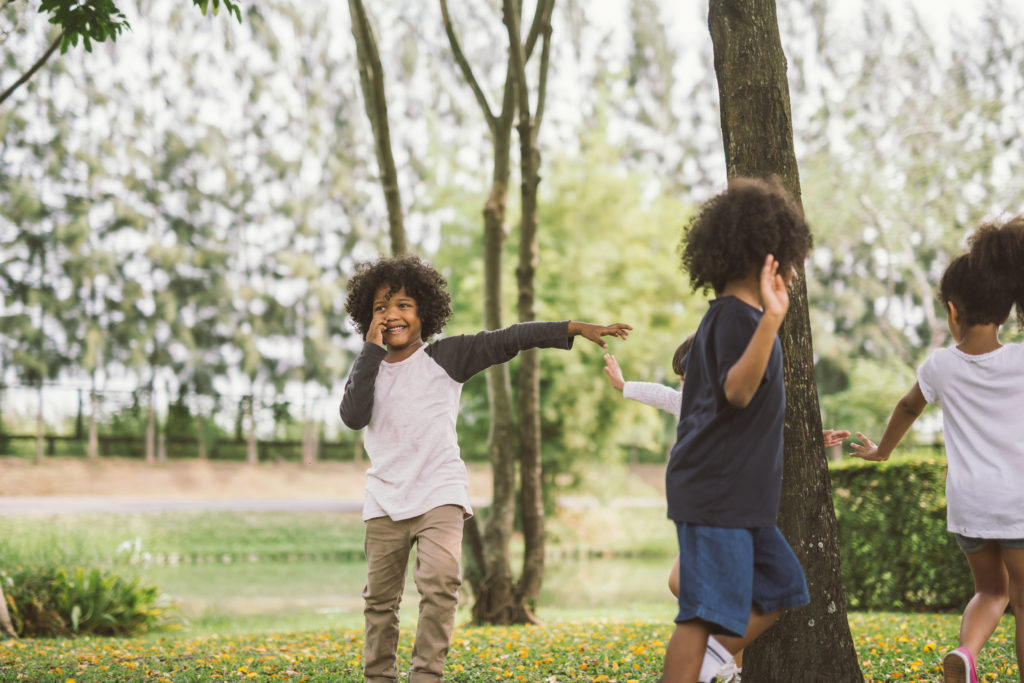
A long-term study in Finland has tracked children from the age of eight until the age of 50 and a new analysis of the data, just published, has looked at some of the correlations between socioemotional behaviour in childhood and later life achievement and health behaviours.
There are a number of interesting correlations which have also been supported by other studies. The one is that well-controlled behaviour in childhood predicted more physical activity in middle age. This is probably due to being more conscientious and structured and being able to make and stick to exercise plans.
Another correlation was that social activity in childhood predicted higher alcohol consumption and smoking in adulthood. This is most likely through being in more social situations – many of these are associated with drinking alcohol and also smoking with peers.
There was also a correlation to educational achievement with well-controlled behaviours in childhood predicting, to a degree, educational attainment. But similarly higher educational attainment was also related to less alcohol consumption and less smoking. It should be noted that some of these showed differences to boys and girls.
Though this may sound like it is deterministic i.e. if you are well-structured in childhood, life will be good and alternatively, it will not be. The effect sizes are generally small, and, for example, there was no correlation found for BMI at age 50.
So, behaviours and personality at age eight can give an indication of future life trajectories but this indication is only small and other factors will play a much larger role.
Reference:
Tiia Kekäläinen, Jenni Karvonen, Timo Törmäkangas, Lea Pulkkinen, Katja Kokko.
Pathways from childhood socioemotional characteristics and cognitive skills to midlife health behaviours.
Psychology & Health, 2022; 1
DOI: 10.1080/08870446.2022.2041639
More Quick Hits
Online Learning Triggers Different Stress Responses
Quick HitsDaily brief research updates from the cognitive sciences ot so long ago all learning went online – out of necessity. There has been plenty pf research into differences in online learning and in-person learning but this study by Gellisch...
Use It Or Lose It – Mental Activity Reduces Dementia
Quick HitsDaily brief research updates from the cognitive sciences regularly write on which activities reduce risks of cognitive decline (just last week I reported on how your job can protect your mental abilites with age and also doing household...
Why Thinking Makes You Tired
Quick HitsDaily brief research updates from the cognitive sciences e all know that feeling of having engaged in hard cognitive, thinking, tasks, and feeling tired. If it goes on long enough, we may feel mentally fatigued, drained, or even...
Your Job Can Protect You From Cognitive Decline
Quick HitsDaily brief research updates from the cognitive sciences f you have the right job that is. First let’s understand what the researchers were investigating. There is something strange going on with Alzheimer’s - we know that in Alzheimer’s...
How Nature Is Good For Your Health
Quick HitsDaily brief research updates from the cognitive sciences have reported multiple times how nature is good for your health. For example, in my article on the simple benefits of walking I also show how nature helps in multiple ways such a...
Do Your Chores, You’ll Live Longer – And Better!
Quick HitsDaily brief research updates from the cognitive sciences o, I haven’t been paid to write this by irate spouses or parents! Fact is doing the chores could be very beneficial to your wellbeing. How so you may ask? Well, I admit I have...
Why Having a Hit Reduces Creativity
Quick HitsDaily brief research updates from the cognitive sciences n music this happens often – a band lands a hit but then fails to do anything special again. A well-known occurrence with hits like Tequila in 1958 being the ultimate one-hit wonder...
The Surprising Results Of How Music Reduces Pain in Your Brain
Quick HitsDaily brief research updates from the cognitive sciences hen you’re in pain any form of relief is welcome – we tend to immediately revert to pain killers but there are many other methods of, at least, reducing pain. I have recently...
Smartphones Improve Your Memory
Quick HitsDaily brief research updates from the cognitive sciencesany people believe that using smartphones and other electronic devices is ruining our memories and ability to think or simply use our brains. Research has shown a more nuanced...
How Meditation Helps Pain In Your Brain
Quick HitsDaily brief research updates from the cognitive sciences es, meditation can help with pain by changing your experience of it. I reported on that here. Another piece of research just published shows that how experienced meditators and...










